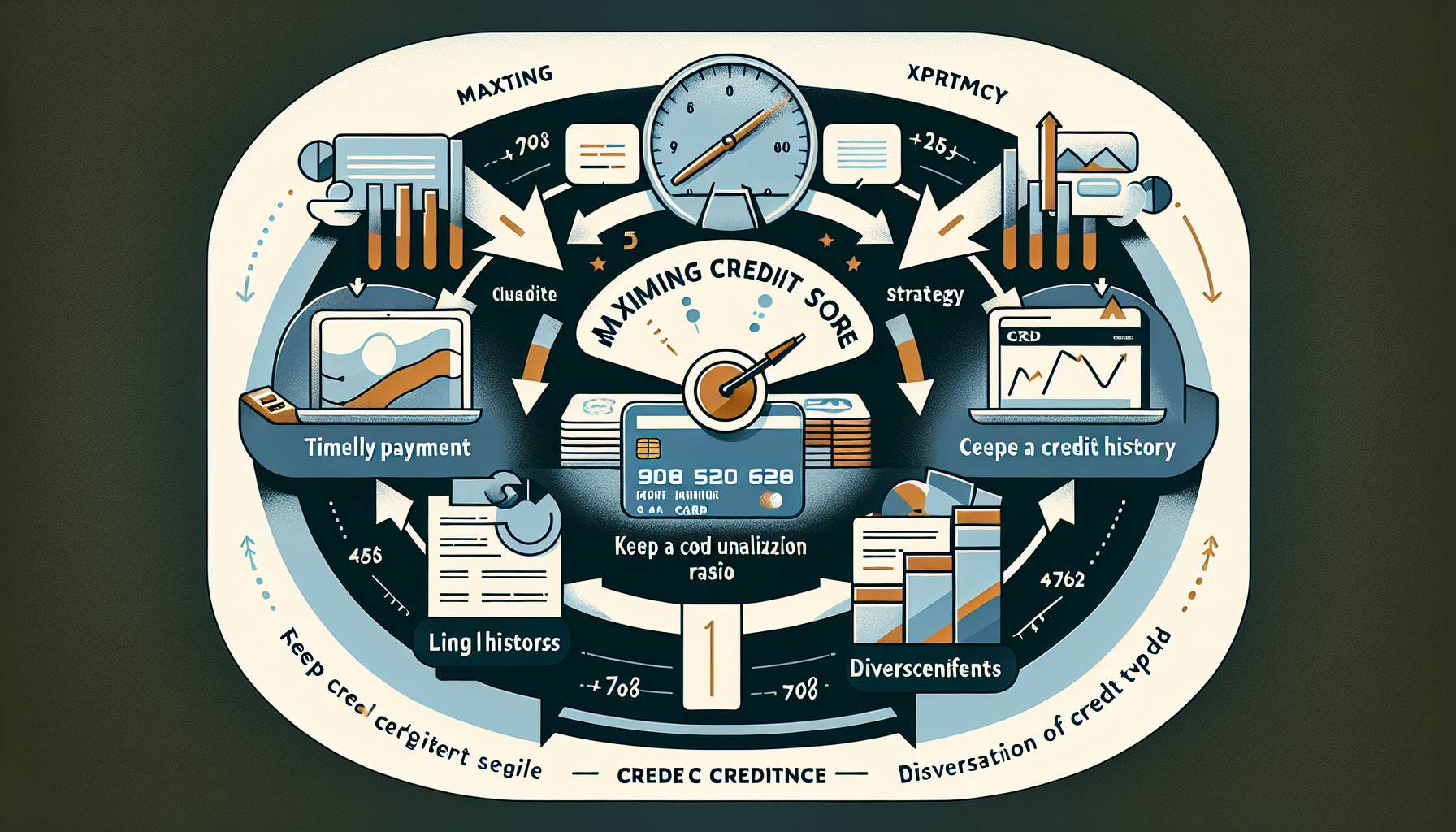In today’s financial landscape, having a good credit score is essential for accessing loans, mortgages, and even getting approved for rental housing. One key tool for building and maintaining a solid credit score is through the strategic use of credit cards. By understanding the factors that impact credit scores and maximizing the benefits of credit cards, individuals can boost their creditworthiness.
Understanding the Factors that Impact Credit Scores
One of the primary factors that impact credit scores is payment history. This accounts for 35% of your FICO credit score and includes on-time payments, late payments, and any missed payments. To maximize your credit score, it is essential to make at least the minimum payment on your credit card each month. Additionally, maintaining a low credit utilization ratio, which is the amount of available credit you are using, is crucial. Aim to keep your credit utilization below 30% to demonstrate responsible credit management.
Another significant factor that affects credit scores is the length of credit history, which makes up 15% of your FICO score. This includes the age of your oldest account, the average age of your accounts, and the age of your newest account. To maximize this aspect of your credit score, it is beneficial to keep old accounts open even if you are not actively using them. This can help demonstrate a long history of responsible credit management to credit bureaus.
Furthermore, diversifying your credit mix can also impact your credit score. Lenders like to see a mix of credit types, such as credit cards, installment loans, and mortgages. Having a mix of credit accounts can show that you can manage different types of credit responsibly. However, it is important to only take on credit that you need and can manage effectively to avoid overspending or getting into debt.
Utilizing Credit Cards Strategically to Boost Credit Scores
To boost your credit score with a credit card, it is crucial to use it responsibly. Paying your credit card bill on time each month can have a significant positive impact on your credit score. Additionally, keeping your credit utilization low by only using a small percentage of your available credit limit can show lenders that you are a responsible borrower. Avoid maxing out your credit card or carrying a balance from month to month, as this can negatively impact your credit score.
Another strategy to boost your credit score with a credit card is to ask for a credit limit increase. A higher credit limit can help lower your credit utilization ratio, as long as you continue to spend responsibly. However, be cautious when requesting a credit limit increase, as it may result in a hard inquiry on your credit report, which can temporarily lower your score. Only request a credit limit increase if you are confident in your ability to manage the additional credit responsibly.
Lastly, consider using automatic payments for your credit card bills to ensure that you never miss a payment. Setting up automatic payments can help you avoid late fees and negative marks on your credit report. By using credit cards strategically and responsibly, you can maximize your credit score and improve your overall financial health.
In conclusion, understanding the factors that impact credit scores and utilizing credit cards strategically can help individuals maximize their credit score. By focusing on factors such as payment history, credit utilization, length of credit history, and credit mix, individuals can make informed decisions to improve their creditworthiness. With responsible use of credit cards, such as making on-time payments, keeping credit utilization low, and managing credit limits wisely, individuals can boost their credit score and open up opportunities for financial success.
